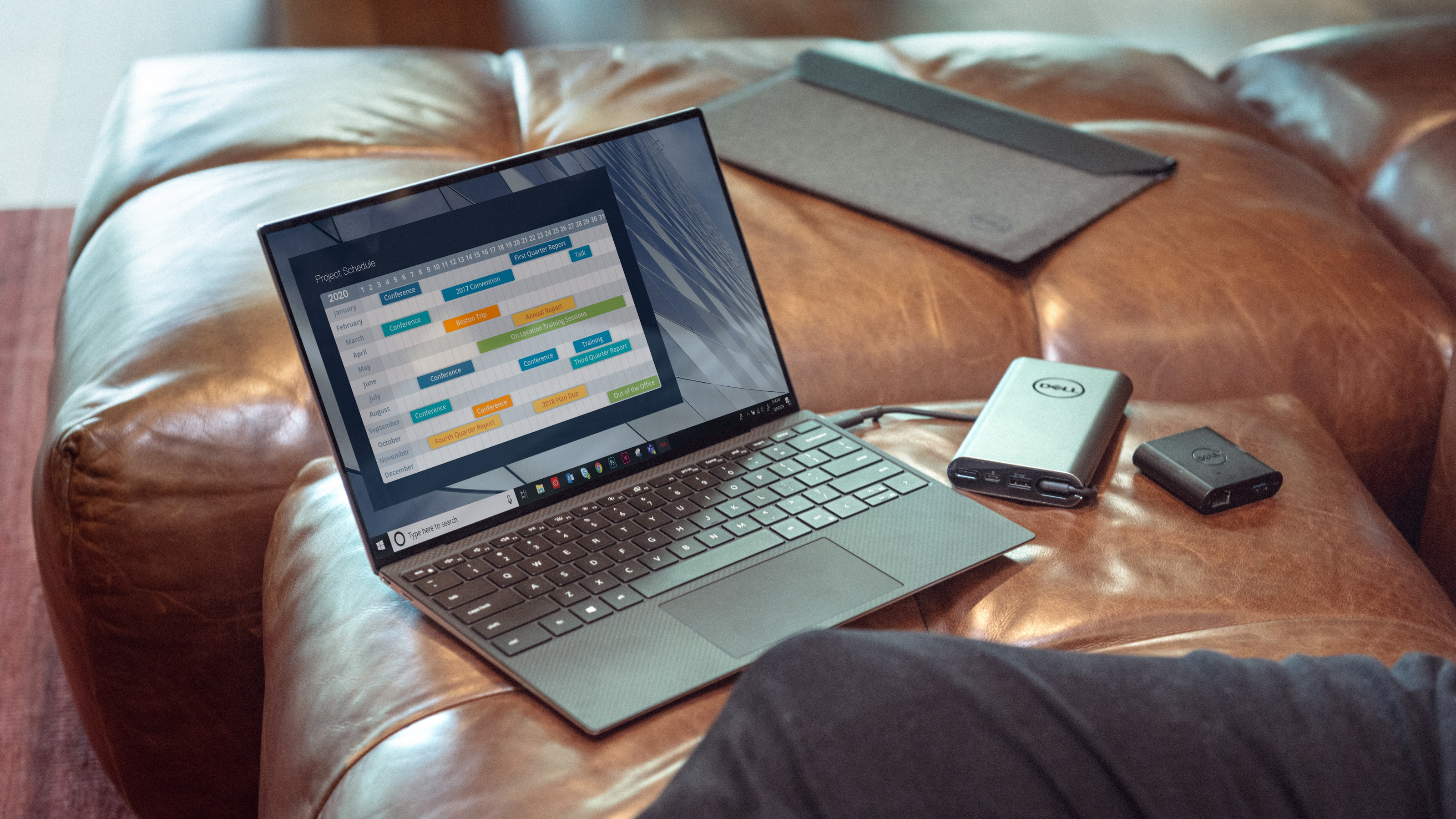[January 2022 editor's note: The tenth Festival of Undergraduate Research and Creative Activities takes place March 8-11, 2022. Abstracts are due January 26, 2022.]
Have you ever been interested in working on a research project but do not know where to start? I am here to tell you that it is easy! There are many amazing opportunities at University of Alberta for students in all faculties to explore their research interests.
A year ago, I started the Bachelor of Education After-Degree program and was really interested in research; however, I had no idea where to start. The only friends I knew who had worked on research projects were in science disciplines. Luckily, I stumbled across the Undergraduate Research Initiative (URI) and set up an advising appointment. I quickly got all the tips I needed to reach out to professors with confidence and find a project that matched my interest and skills.
Since February of 2021, I have worked on the Scholarship of Pedagogy and Application of Research Knowledge in Engineering (SPARK-ENG) Project. SPARK-ENG is a joint project between the Faculty of Education and the Faculty of Engineering to improve engineering education at the U of A. I was ecstatic to find a perfect fit for my future teaching career while still tapping into my background knowledge as an engineering student.

To learn more about undergraduate research at U of A, I reached out to the URI. The URI is an amazing group that supports undergraduate students to find research opportunities, and they are celebrating their 10th anniversary this year! They kindly answered all my questions and provided great advice for any undergraduate student who wants to explore research opportunities.
Q: What does the URI do?
A: The URI supports U of A undergraduate students (any program, any year of study) to engage in undergraduate research and creative activities. This includes individual advising for students about research-related concerns (including how to find research opportunities, how to contact professors about research, and other things that come up in the research process). We also administer several funding programs that support students in undergraduate research, offer a variety of skill development workshops and seminars, and provide opportunities for students to share their research through presentations or publications. Undergraduate research is one of the most high-impact experiences students can get involved with. It is not just for students who want to go to grad school. Employers of all kinds value the skills and experience that students gain through undergraduate research.
Q: Where should students start if they are interested in undergraduate research?
A: A great place to start is with an individual advising session with a URI advisor (students can request an appointment here). Most research opportunities arise from students reaching out to professors in their area of interest, so we can discuss your research interests and goals, help you identify professors in your area of interest, help you understand what your options are, advise you on how to reach out to professors, and how to navigate any challenges you might face in the process.
Q: What opportunities are available for undergraduate research?
A: Most departments and programs offer some kind of course-based or credit option for research. These can range from a research project or directed study taken in a single semester, to a research certificate or honours program. Your faculty or department website or your academic advisor will be able to provide information specific to your program. Summer research, supported by a professor or summer studentship, is also a common way for students get involved. These are typically full-time positions in the summer months.
If you're interested in summer research, it is best to start early (i.e. in October), as a lot of deadlines for summer funding opportunities are in January and February. Some students start with volunteering on a research project, and there are also some student groups, like AlbertaSat or NeuroAlbertaTech, that have a strong research and innovation focus.
Q: Is research just for students in science disciplines?
A: Not at all! Lots of people hear "research" and they think it's all lab coats and test tubes, but research at U of A is incredibly diverse! URI works with students in all disciplines, and we also support and encourage interdisciplinary research. Students can work in their home discipline, test the waters of other disciplines, or apply their discipline-specific knowledge and skills to a research problem that requires integration of different perspectives. For example, we had an art and design student develop a graphic novel for heart transplant patients and a physics student who worked with a professor in political science to develop a new electoral formula for Canada. We encourage students to think about what problems or challenges they are interested in solving, or what questions they are curious about, rather than just what discipline they are in.
Q: How do students find a professor? How should they reach out to them?
A: Most professors do not formally advertise for research opportunities. Students usually need to take the initiative to reach out. There are a variety of ways to find professors in your area of interest. You might connect with professors you are taking classes with, learn about professors' research through seminars, or by talking to other students who have been involved. The easiest way to find professors is usually to look for their directory profiles on their faculty/department website. Most professors will have a research page or directory profile that describes their research interests, often with links to their publications or Google Scholar profile where you can learn more about their work. URI can also assist you with finding professors in your area of interest, so if you are not sure where to look, ask us!
Once you have identified some professors you are interested in, the most common way to reach out is by email. Your email should include a short introduction, express why you are interested in that particular professor's research, and a request for a conversation to discuss research opportunities. While some people will just ask "do you have any positions?" we find a conversation often yields more useful information—it might open up immediate or future research opportunities, referrals to other people to talk to, or helpful advice for aspiring researchers. Do not get discouraged if you don't get responses right away. You may have to reach out to several professors before you find a fit. And if you do get stuck or have questions, URI is here to help!
Q: How do students find funding?
A:The first step is to find a supervisor (usually a professor) that you'll work with on the project. Funding programs usually have eligibility criteria that apply to the student, the supervisor, and the project, so it is important to have those in place to determine what funding programs would be the best fit. The URI has a list of funding opportunities on our webpage, and your supervisor may also know of other opportunities that are relevant for your particular project. The criteria for different funding programs vary, so if you are applying to multiple programs (which is a good idea, since they are competitive), be sure to tailor your application to each program's criteria. One program with very broad eligibility is the URI Stipend program. The URI Stipend supports interdisciplinary research, and is open to undergraduate students in any year and any discipline, whether they are full-time or part-time students, international (on a study-permit) or domestic students. The URI Stipend is also not competitive based on GPA, unlike many other awards. The emphasis is really on the merit of the project, interdisciplinary aspects, and skill development opportunities for the student.
Thank you so much to the URI for providing great resources for students to pursue their interests in undergraduate research. To learn more, visit the URI website!
 About Rebecca
About Rebecca
Rebecca (she/her) is in her second and final year of the Bachelor of Education After-Degree program. She aspires to teach secondary science, but loves teaching all subjects. She holds a Chemical Engineering Degree from the University of Toronto and still has nightmares about advanced thermodynamics. Rebecca also loves hiking, camping and anything outdoors. She spends most weekends getting outdoors with her fluffy dog friend Ginny.
